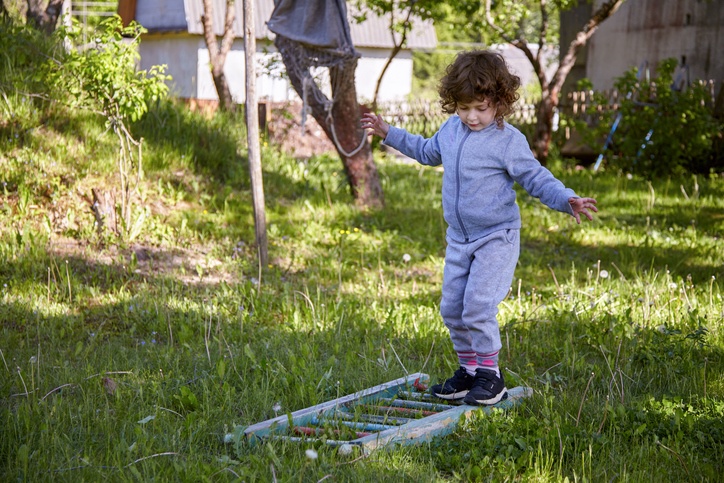Which Home Features Could Be an “Attractive Nuisance”?

An “attractive nuisance” is something on your property that draws children in but threatens them with harm. The law places a special responsibility on you to take steps to protect children who may come onto your property. Speak to your local insurance agency to learn how to protect yourself.
Attractive Nuisances (Not Liable)
Non-maintained items that are not legally attractive nuisances are:
● Ponds
● Lakes
● Cliffs
● Hills
● Small things that can be choking hazards (acorns, sticks, etc.)
● Carbon monoxide poisoning in a house or shed
● Smoke inhalation
● Trees that people fall out of
● Parts of your house or tree limbs that cause head injuries
Also, most courts understand that small children can hurt themselves on virtually anything. The law generally presumes that children understand some dangers, such as:
● Falling from a great height
● Touching fire
● Sharp objects
● Poison
● Hot water
● Approaching a wild animal on your land
● Approaching an angry fenced or leashed animal (i.e., a bucking horse)
If a child is too young to understand these risks, they should be supervised by a parent or guardian. The guardian is responsible for keeping them off your property or away from safety risks.
Common Attractive Nuisances
Typical attractive nuisances that can make a homeowner responsible for injuries include:
● Swimming pools
● Fountains
● Machinery (lawnmowers, gasoline pumps, etc.)
● Wells
● Tunnels
● Dangerous animals
● Paths and stairs
● Landscaping
● Scaffolding
● Ladders
● Rooftop*
● Broken gates or safety gates
Attractive nuisances can also take less obvious forms, such as a rooftop. You may be liable if:
● It’s known that the local children climb onto roofs
● Your roof is easily accessible
● You’ve taken no steps to keep the children away
Each case will be carefully examined to decide if you are responsible or not.Keep in mind that those under 18 may still be considered children in many courts. Attractive nuisance liability is not limited just to very young children.
Tips
Always take precautions, follow local laws, and use good judgment. You’re not required to childproof your property. However, taking basic actions to prevent injury goes a long way toward avoiding liability. Courts tend to punish people who didn’t seem to care or put any effort into encouraging safety.
Listing the steps you took to prevent injury can greatly help in your favor even if they didn’t ultimately work. There are inevitably a host of local regulations that govern almost any potential attractive nuisance (such as pools). Showing a court that you were abiding by the local law can be decisive in most cases.
You cannot be too careful about protecting yourself from blame. Speak to your local insurance agent and if you notice children interested in something on your property:
● Lock it up
● Fence it up
● Keep it in a shed
● Warn them to stay away (i.e., saying “my horses are not friendly”)
● Talk to their parents (i.e., saying “your kids can pet my dogs, but only when I am present”)
Do whatever you can to warn children or keep the item of interest out of their reach. Document everything you have done. Look out for neighbor children by reporting any obvious dangers to property owners and local authorities if need be.
